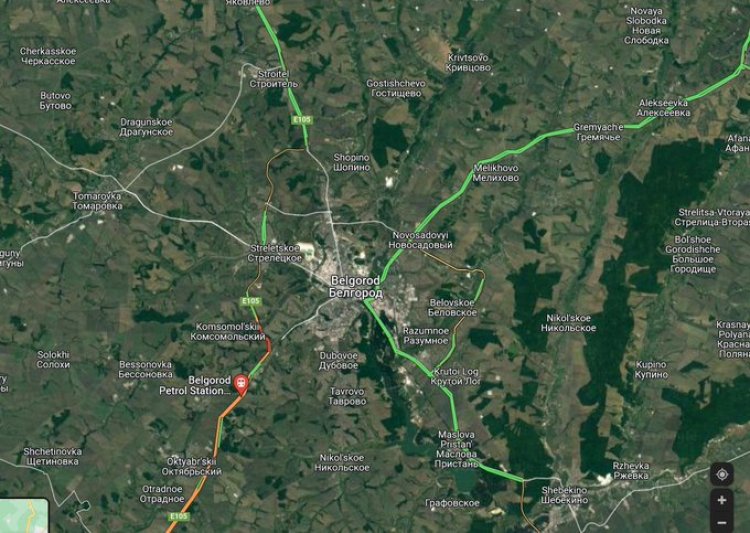Google follows YouTube in cutting off ad revenue to Russian state media
As the Ukraine conflict worsens, social media companies are rushing to control misinformation and Russian official propaganda. Over the last few days, YouTube has banned hundreds of channels and thousands of videos, according to a YouTube representative, including channels for coordinated fraudulent behavior.

Following a similar decision by Google's video subsidiary, YouTube, on Saturday, the internet giant would no longer allow Russian state media stations to carry adverts.
"We are stopping Google monetization of Russian state-funded media across our platforms in reaction to the situation in Ukraine," Google stated in a statement to CNN Business on Sunday. "We're keeping a close eye on fresh developments and will take appropriate action if necessary."
The announcement is the latest setback for Russia-linked media, following a barrage of criticism thrown at Big Tech platforms in the last week for continuing to monetize despite Russia's invasion of Ukraine.
As the Ukraine conflict worsens, social media companies are rushing to control misinformation and Russian official propaganda. Over the last few days, YouTube has banned hundreds of channels and thousands of videos, according to a YouTube representative, including channels for coordinated fraudulent behavior.
After accusing Facebook of unlawful censorship, the Russian government decided to "partially restrict" Facebook access in the country on Friday. Facebook "violated the rights and freedoms of Russian residents," according to Russia's Ministry of Communications, which claims the social media platform censored many Russian news outlets on Thursday.
Google Maps in Ukraine
According to Google, the modification was made to help keep Ukrainians safe and after consultations with local officials.
The company's live traffic overlay, which some researchers have used to follow the fight from afar, as well as Live Busyness, a tool that shows how popular an area is at any one time, have been deactivated.

 Boakyewaa Lawrencia
Boakyewaa Lawrencia 


































